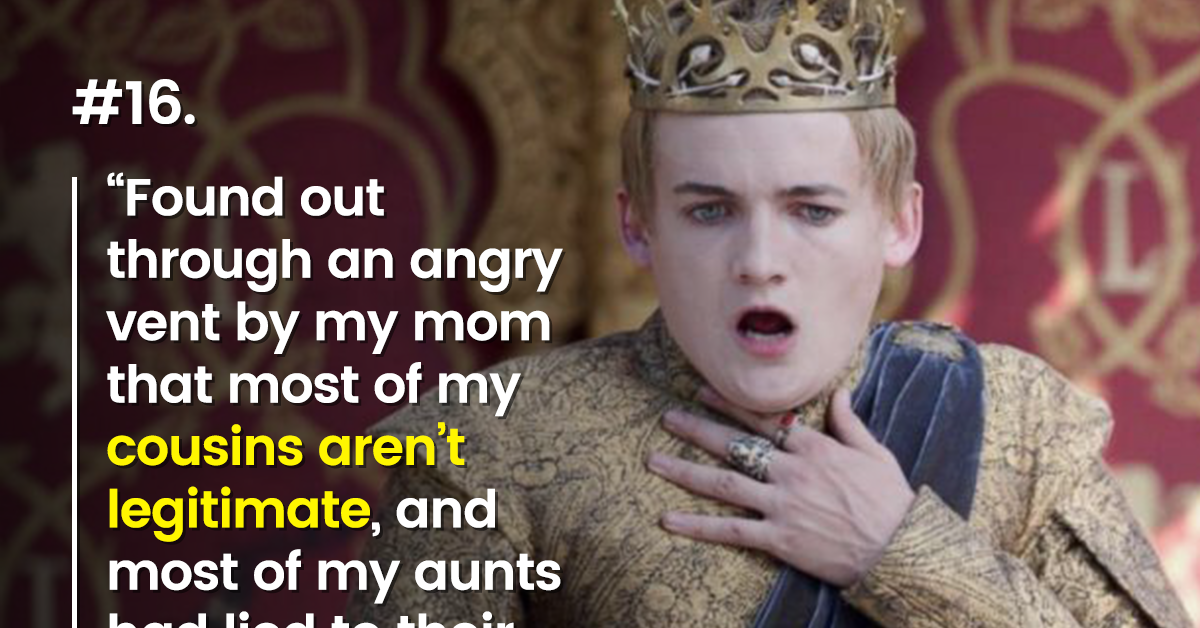
Among survivors who didn’t report, 7% said they didn’t want the perpetrator to get in trouble. According the Rape, Abuse, and Incest National Network (RAINN), 2 out of 3 sexual assaults go unreported to the police. This is reflected in the statistics about sexual violence. “There’s the perpetrator, the person who’s perpetrating the abuse or the substance abuse and there’s those individuals around them who are intent on keeping that information a secret.” This becomes an abusive pattern in which survivors are made to, in Dr. “It becomes this network of secret keeping,” she says. O’Neill, this kind of enforced secret keeping unfortunately often occurs around instances of family violence and substance abuse. Pressuring someone else to keep quiet about potentially harmful issues is also a major no-no.Īccording to Dr. If your secret could negatively impact someone else’s health and safety, it’s important that you come forward. On the other hand, there are some secrets that definitely shouldn’t be kept. It stands to reason, then, that people who feel comfortable with their secret may obsess about it less. Instead, it’s the stress of thinking about the secret so much, and therefore feeling inauthentic. A recent study found that the psychologically stressful part of secret keeping isn’t actual the act of lying about your secret. O’Neill, a person feels “a level of comfort with having decided to not share this information.” On the other hand, she defines privacy as an active choice that the person is okay with. “When I hear ‘keeping a secret,’ to me there’s that aspect of wanting to rid oneself of it, that idea of keeping this as a burden,” Dr. After all, we all have parts of ourselves that we don’t wish to share with anyone else, or parts of ourselves we reserve for spaces outside the family - whether that be the exact details of our voting records or of our sexual escapades. Not all secret keeping is unhealthy, however. “The more honest we can become in these family relationships the more we can decrease the long-held stigma and the shame associated with these kinds of secrets.” O’Neill advises that honesty is the best policy. “Oftentimes parents and caregivers tend to try to do what they think is in the best interest of a person, of their child, and I think sometimes that is misguided,” she says, citing examples of parents not telling children they were adopted or not being open with children about the death of a loved one. O’Neill, this desire to protect can sometimes backfire. This often takes the form of a parent or caregiver trying to protect a child from information they think would be too painful. In some circumstances, secret keeping isn’t motivated by shame but rather, by the desire to protect someone.

O’Neill also says she’s heard from a number of people who have been inspired to open up about sexual violence they previously kept secret. O’Neill says she’s seeing families hide more often in the current political climate). O’Neill sees in her practice include gender and sexual identity physical, sexual, or substance abuse or even an unpopular political opinion (something Dr.


Besides shame, family members can be motivated to keep secrets if they fear that revealing something would upset the family equilibrium or have implications in the broader community.

“Every family is different, but I think in general families tend to keep secrets around things that they have some sort of shame associated with,” says Dr.
A FAMILY SECRET HOW TO
I caught up with Rachel O’Neill, Ph.D., an Ohio-licensed professional clinical counselor and Talkspace therapist, for a conversation about why families keep secrets, and how to talk about the things we’d rather keep secret. But more serious secrets - those that are motivated by shame, or that could potentially impact a family member’s wellbeing - can haunt families for years and disrupt healthy familial bonds.īut how can we tell the difference between healthy privacy and harmful secret keeping? And if we do choose to open up about tough subjects, how can we preserve our family relationships - if it’s healthy to preserve them at all? Keeping certain things to ourselves can be a normal and healthy aspect of privacy. From issues as traumatic as sexual violence, to those as relatively mild (but still potentially contentious) as who we vote for, most of us have secrets we’d rather not share with our families. Even those who pride themselves on openness probably have a secret or two that they’re not willing to share - even with the people they hold most dear. If you’re mentally rifling through all the skeletons in your family closet, you’re definitely not alone.


 0 kommentar(er)
0 kommentar(er)
